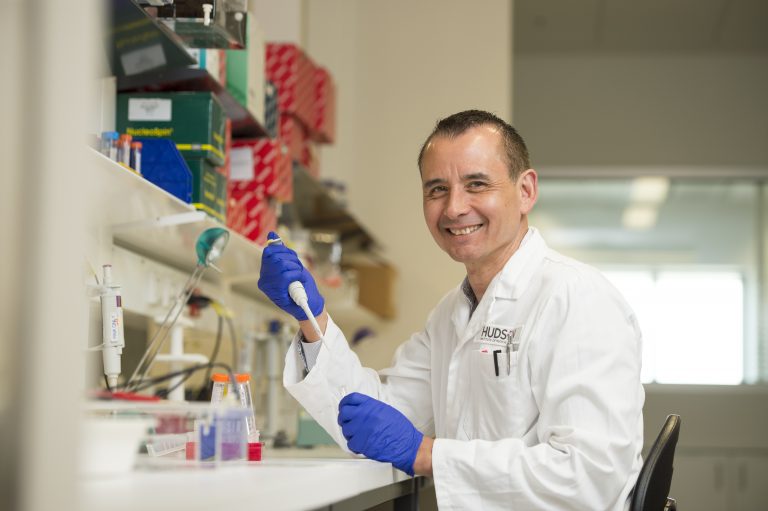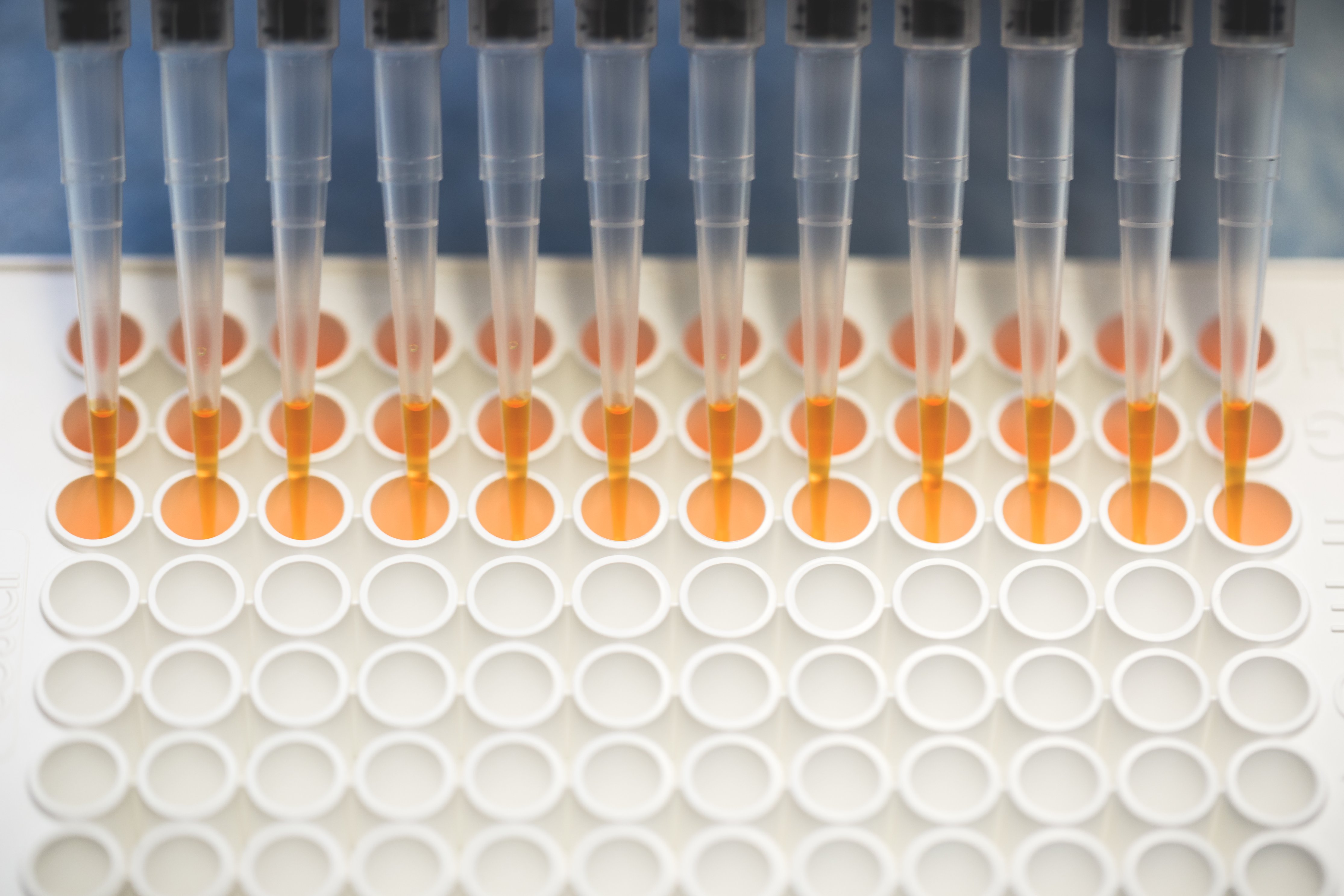
One-two punch could knock out rare ovarian cancer
A double-barrelled, non-surgical treatment could deliver the knock-out punch for a rare type of ovarian cancer.
Granulosa cell tumours of the ovary have a high rate of recurrence and available treatments are nearly always unsuccessful. Now a combination treatment that tackles the body’s defence mechanisms may prove a game-changer.

